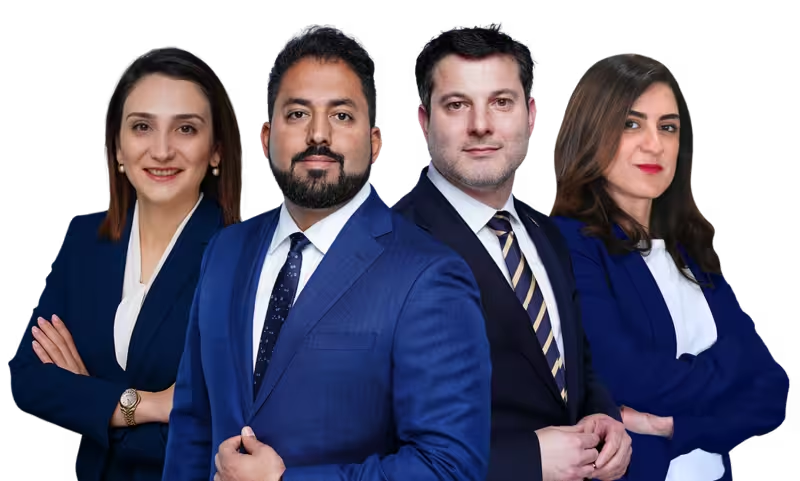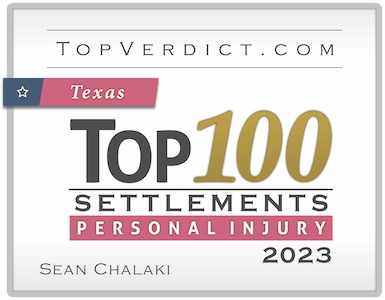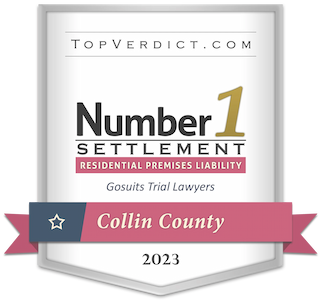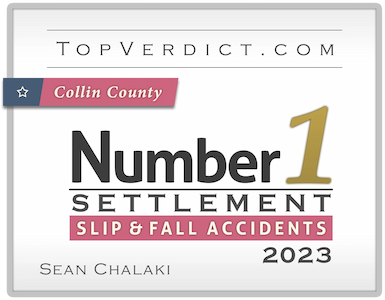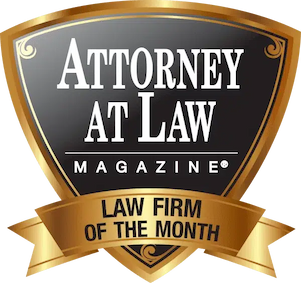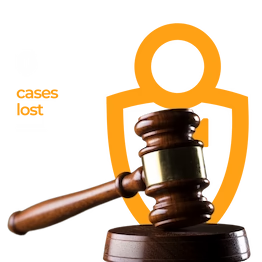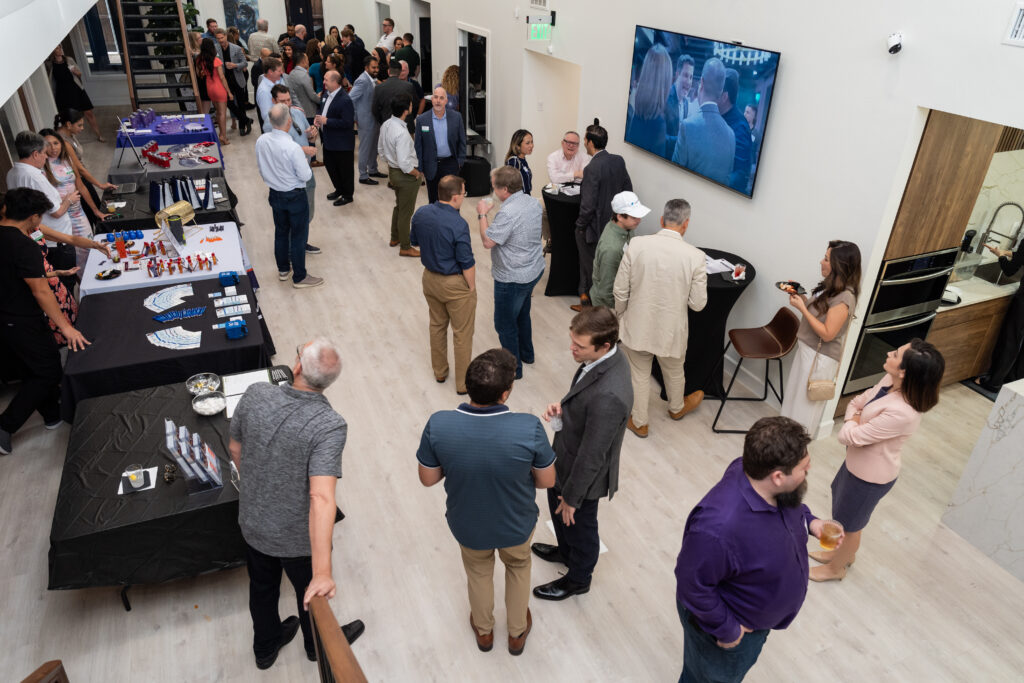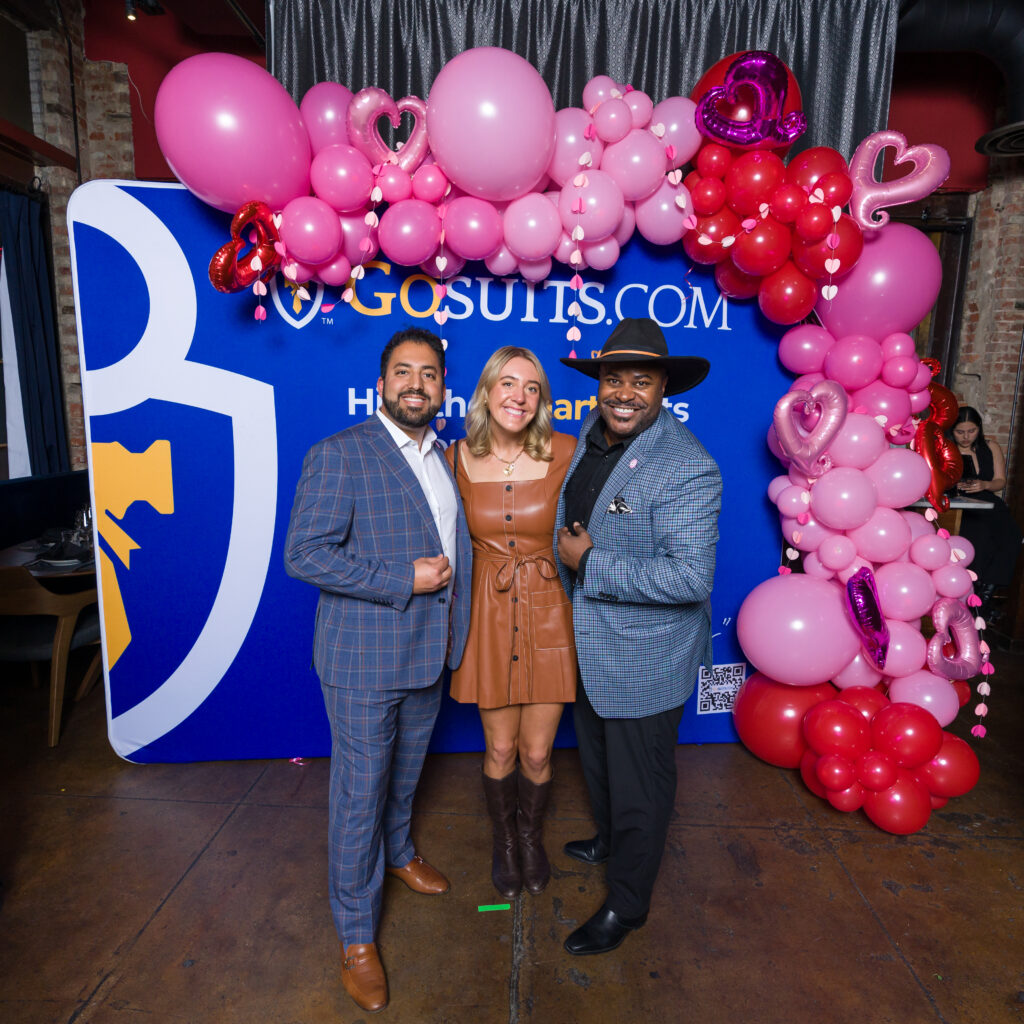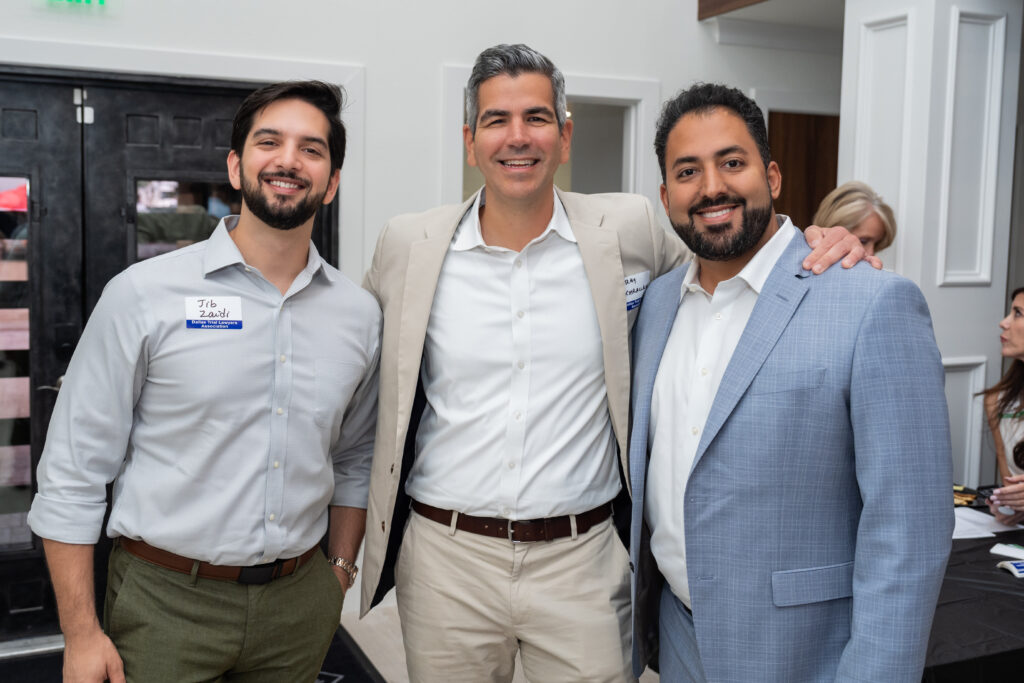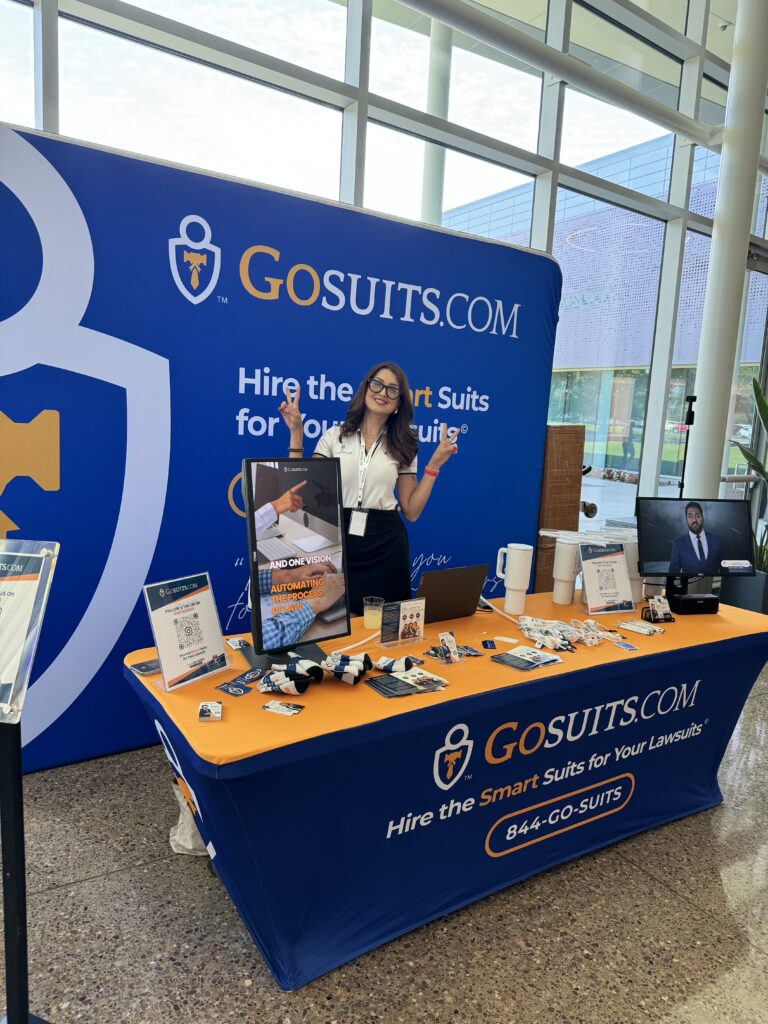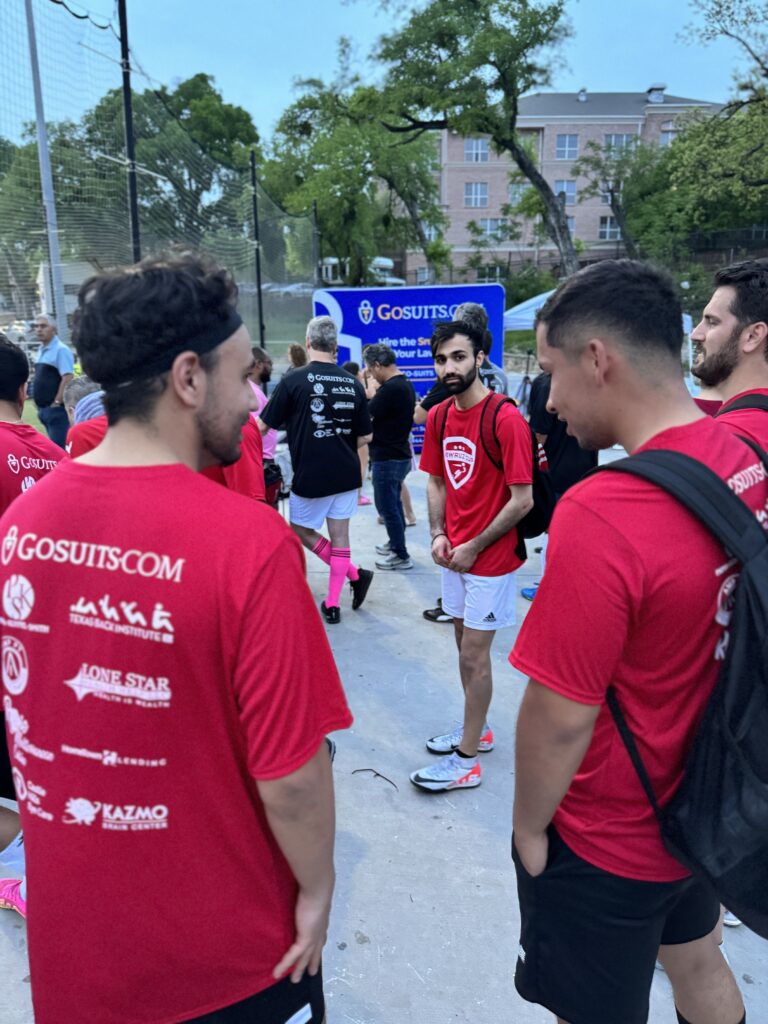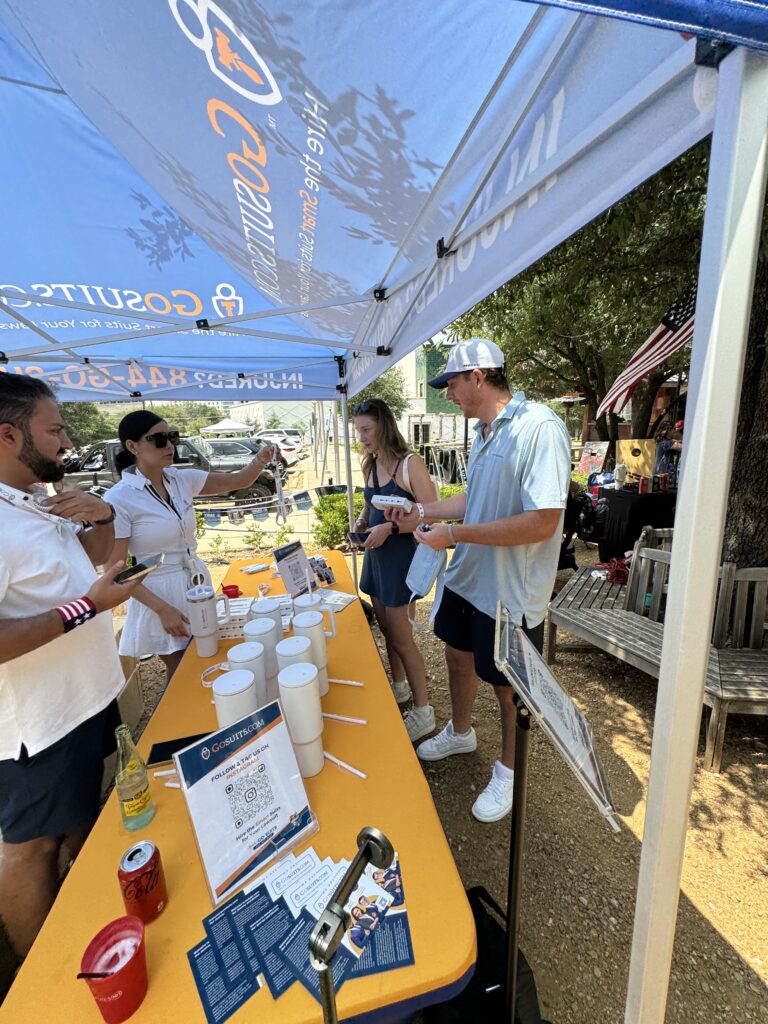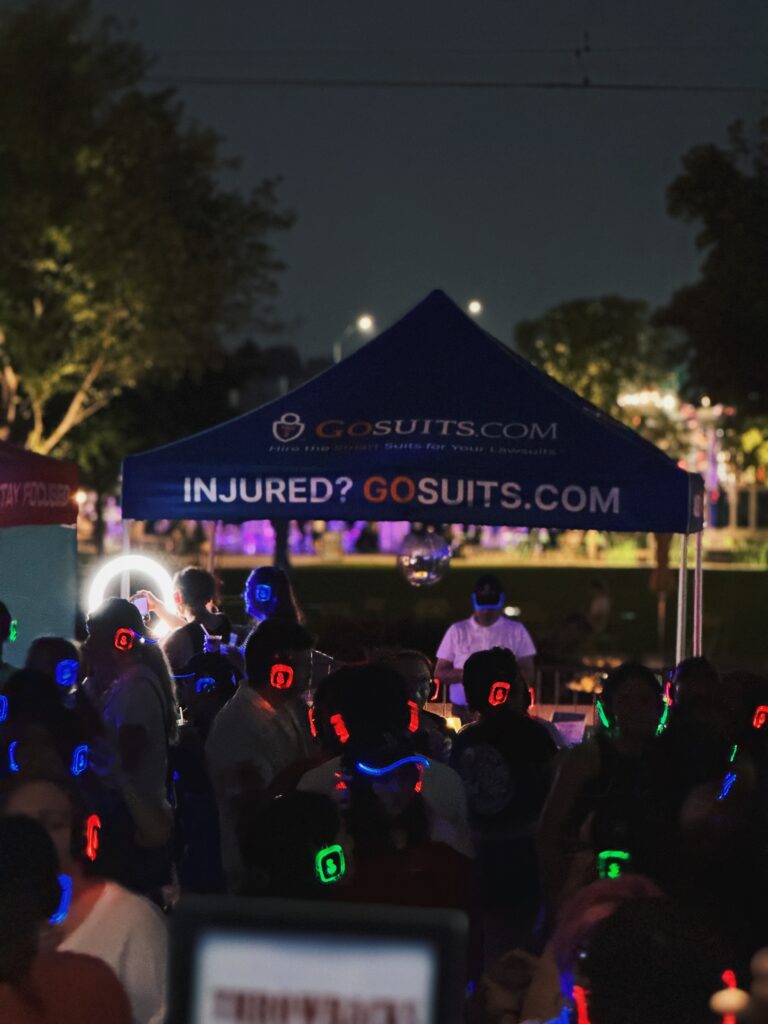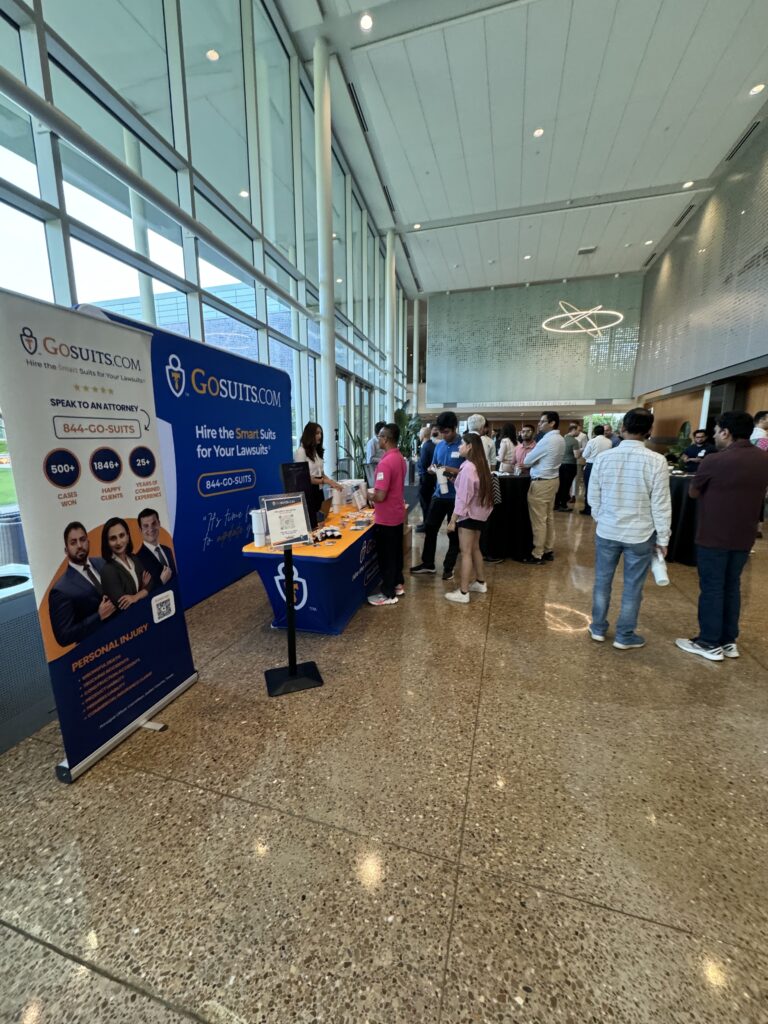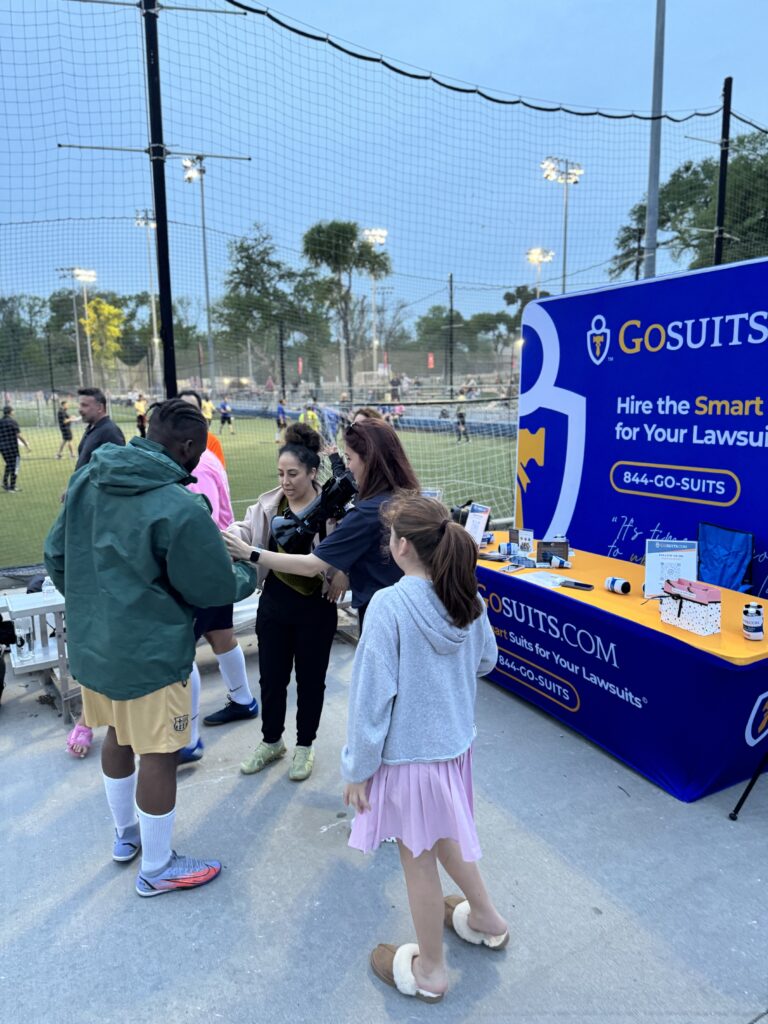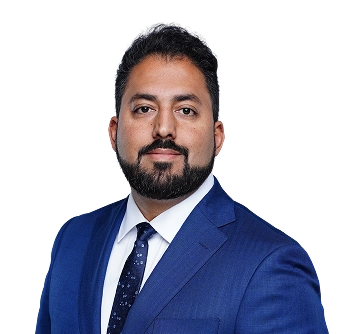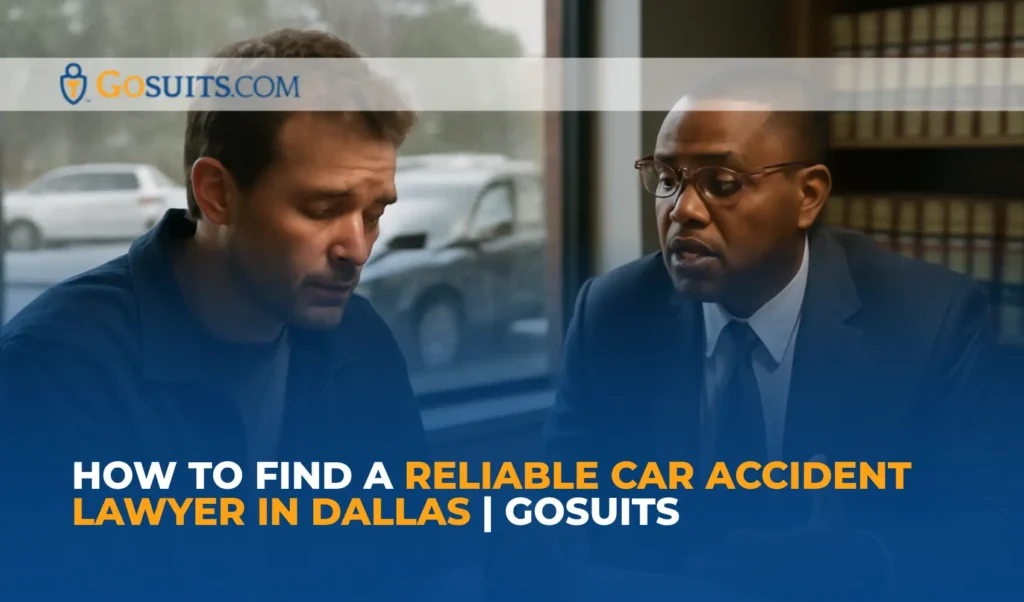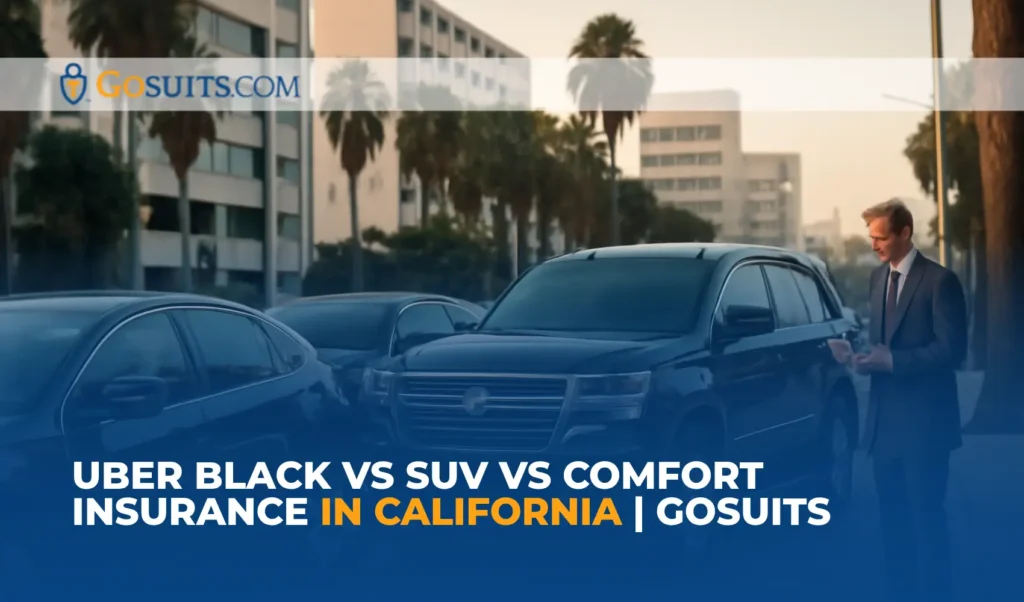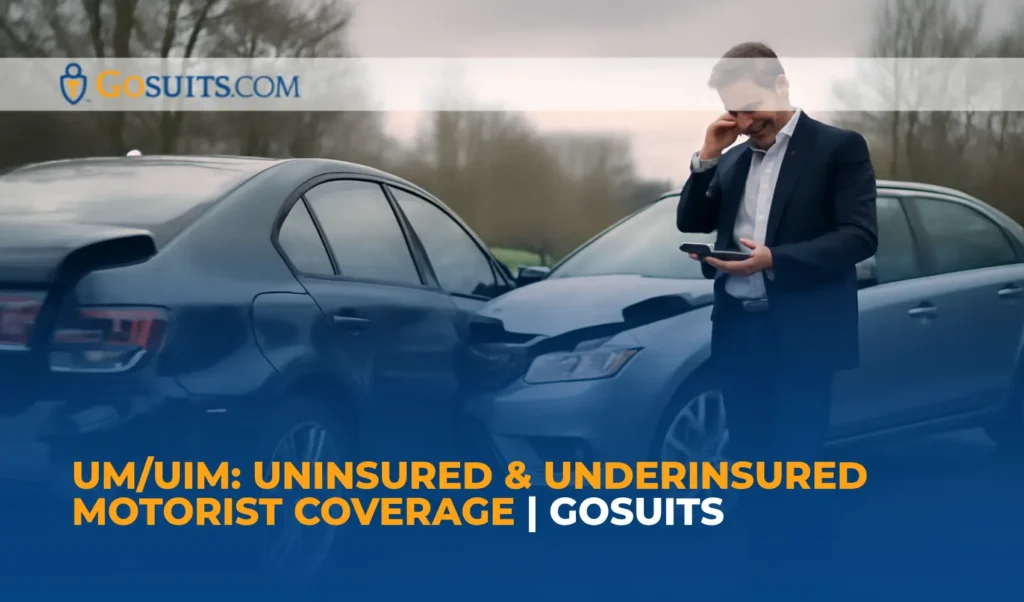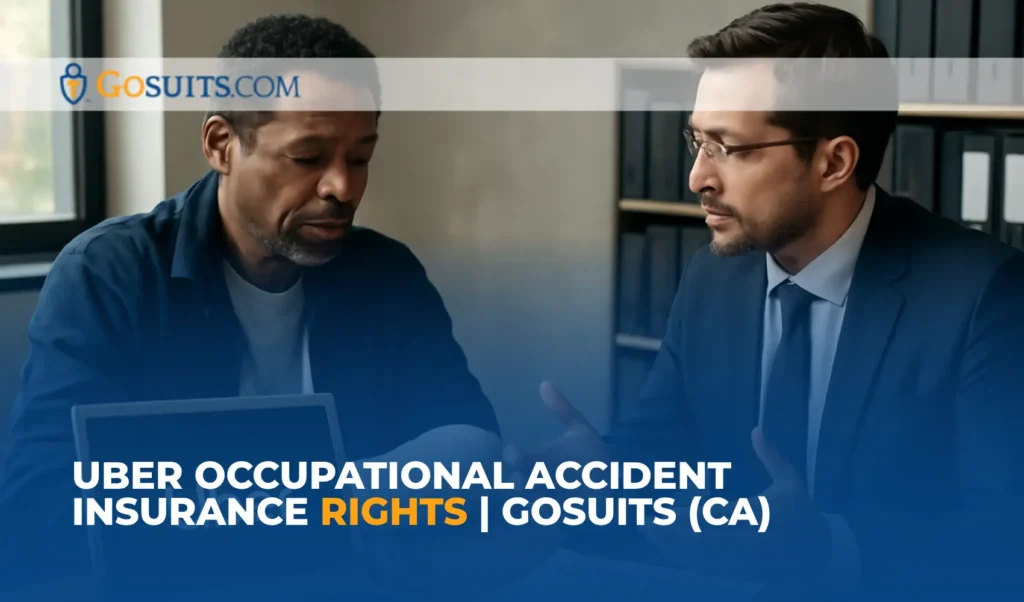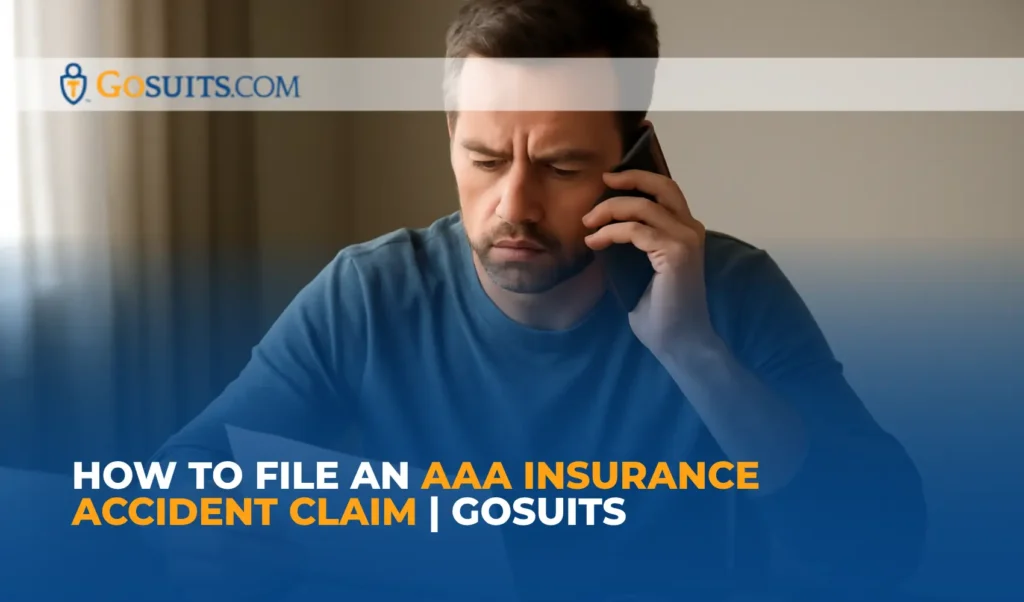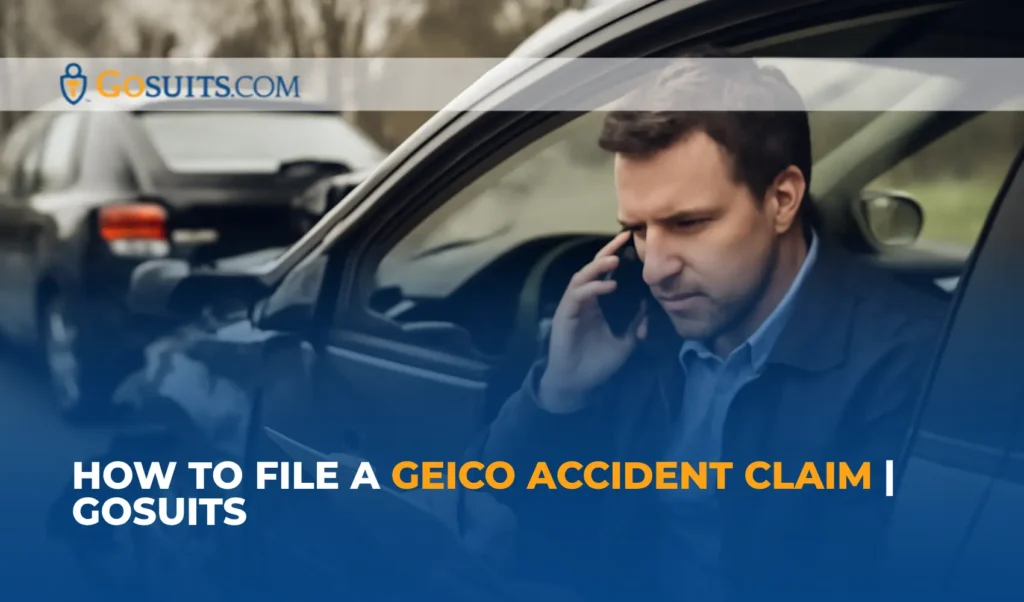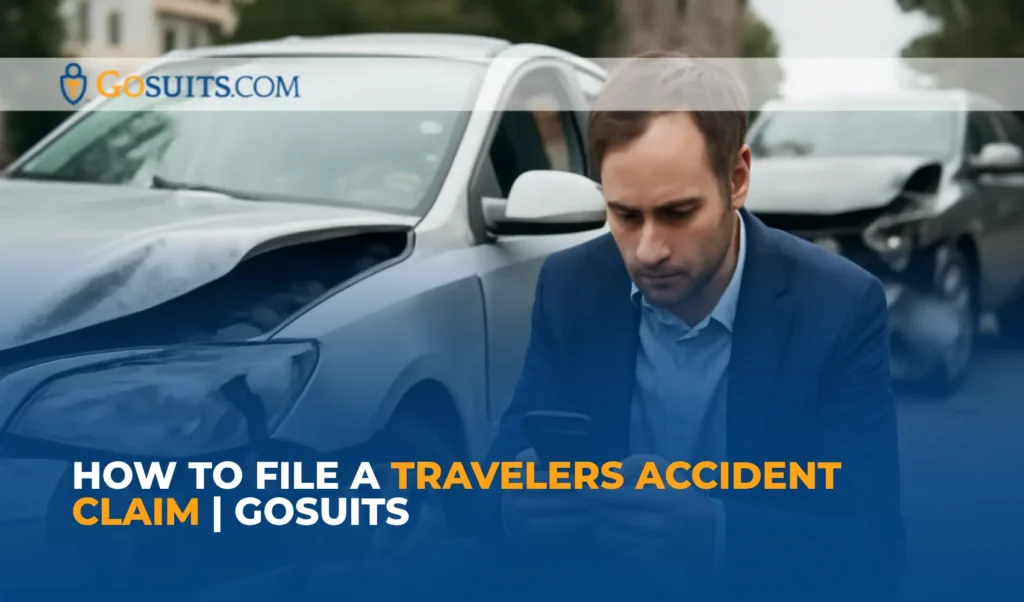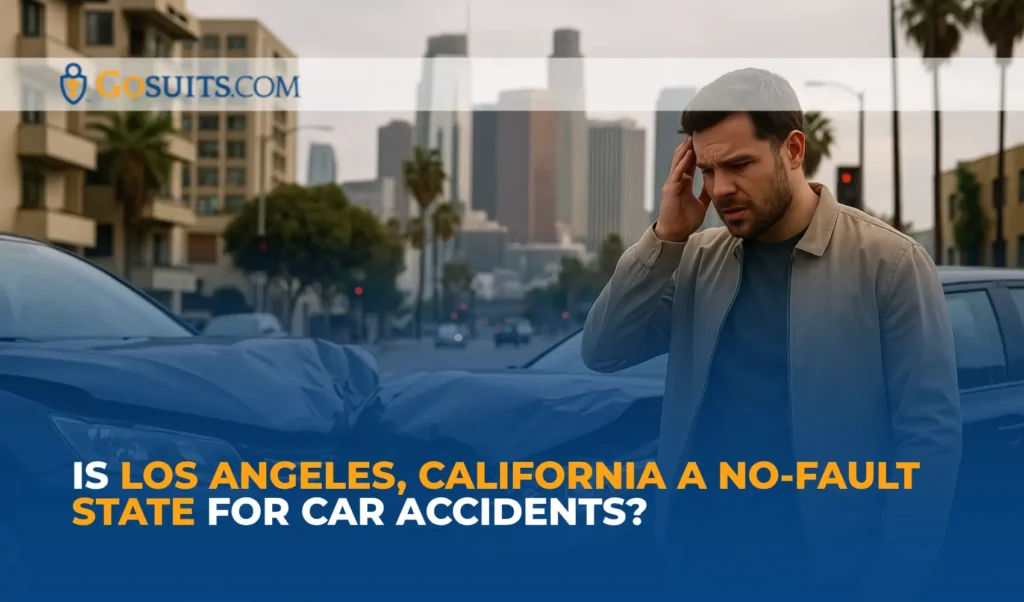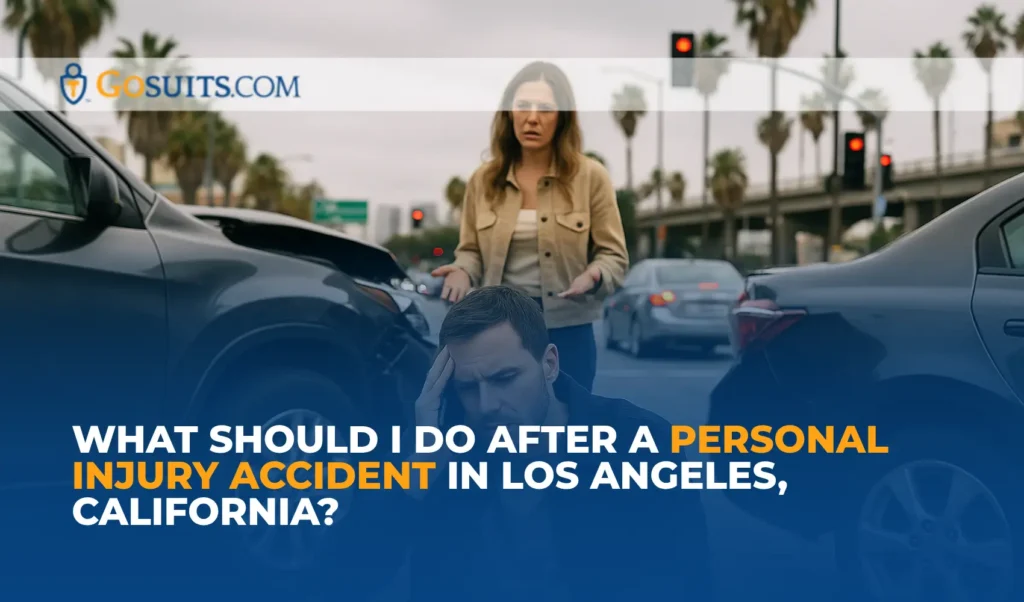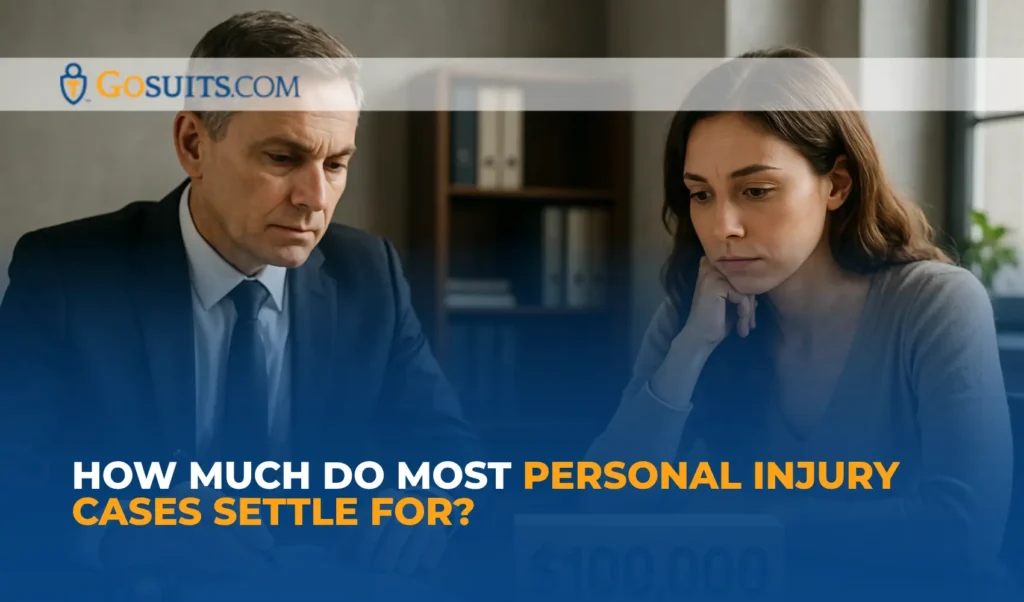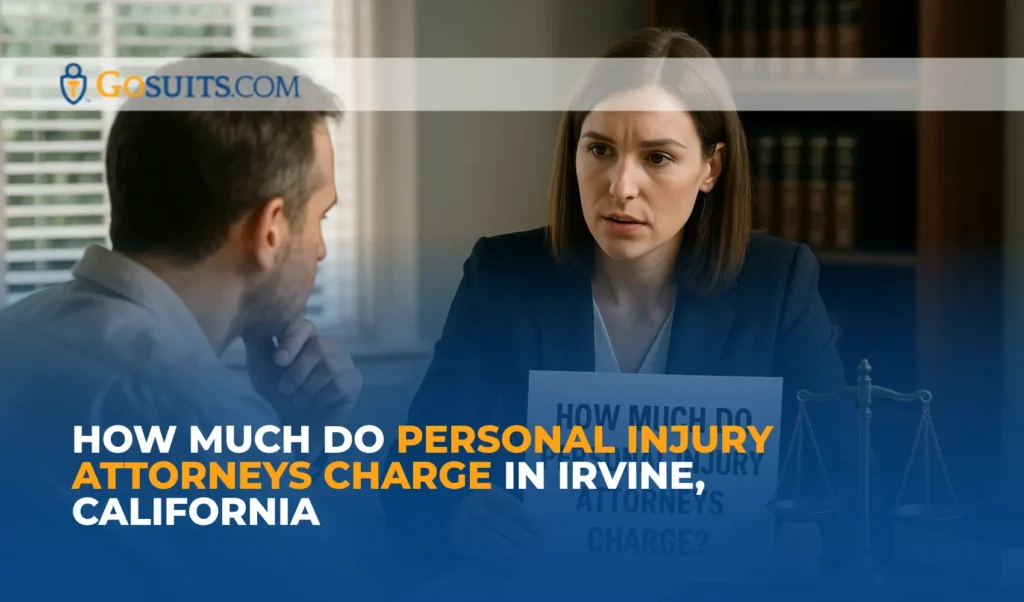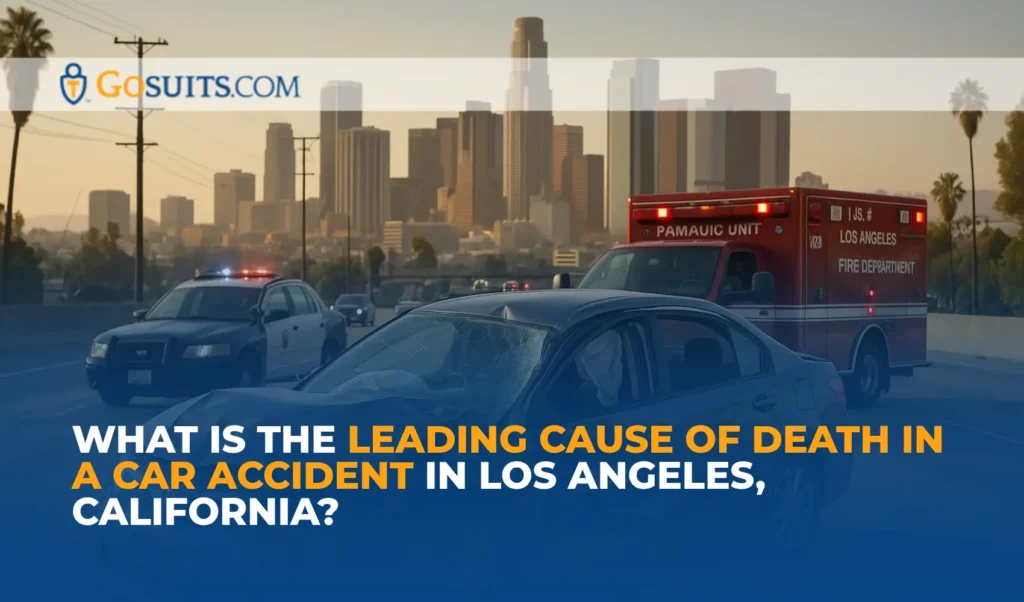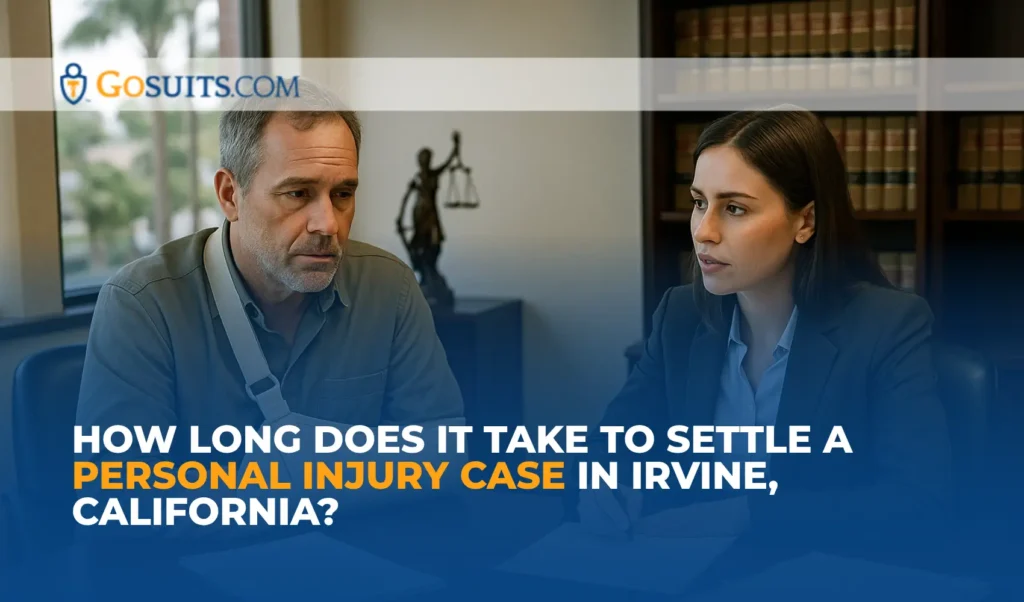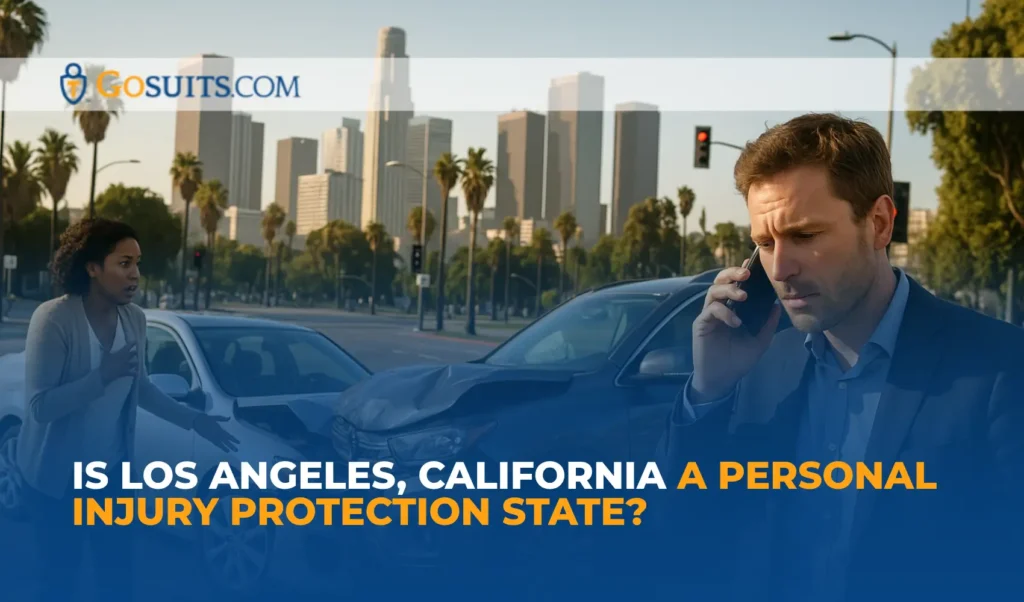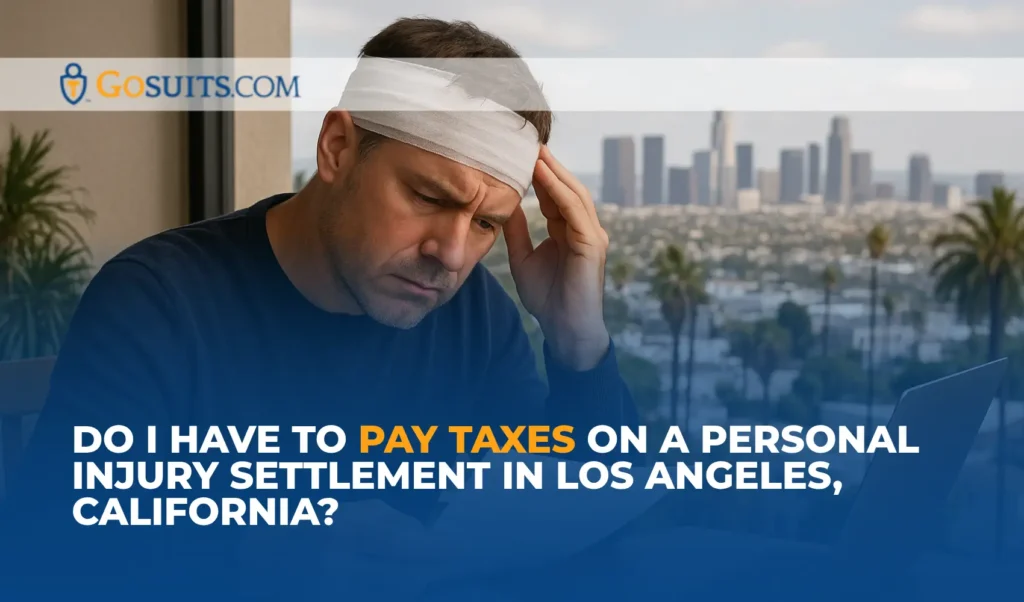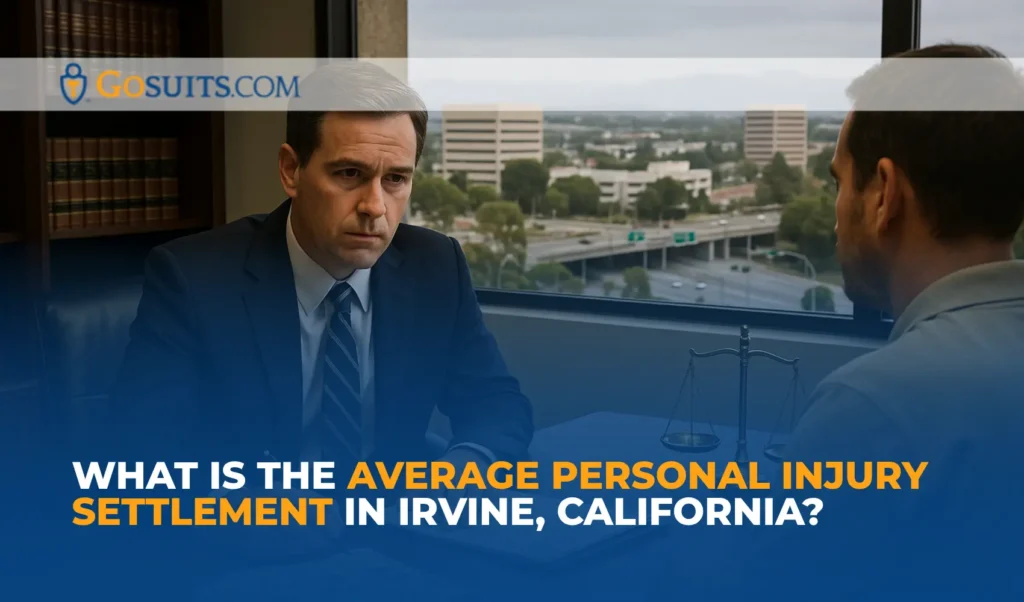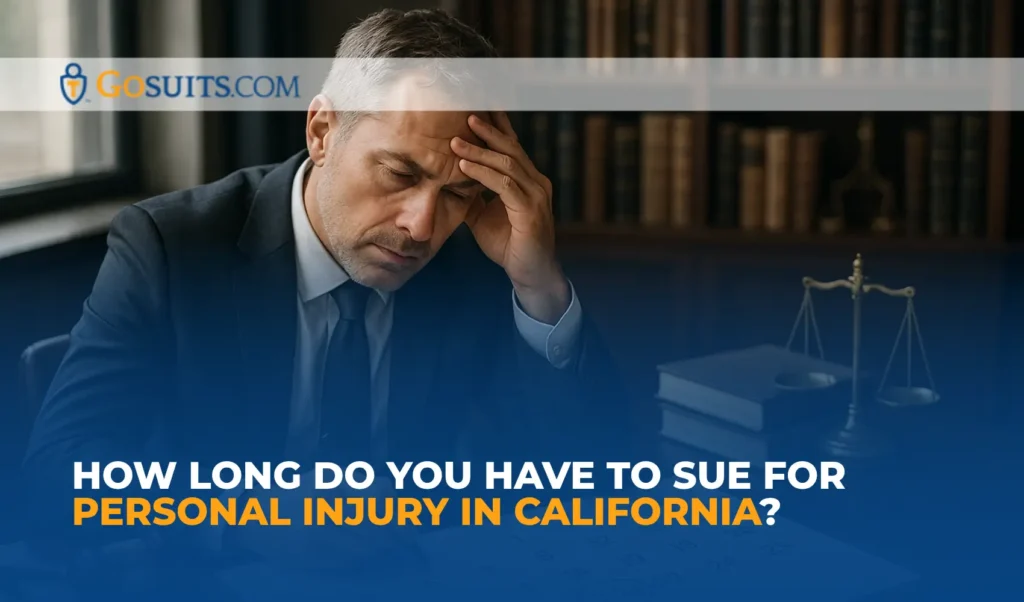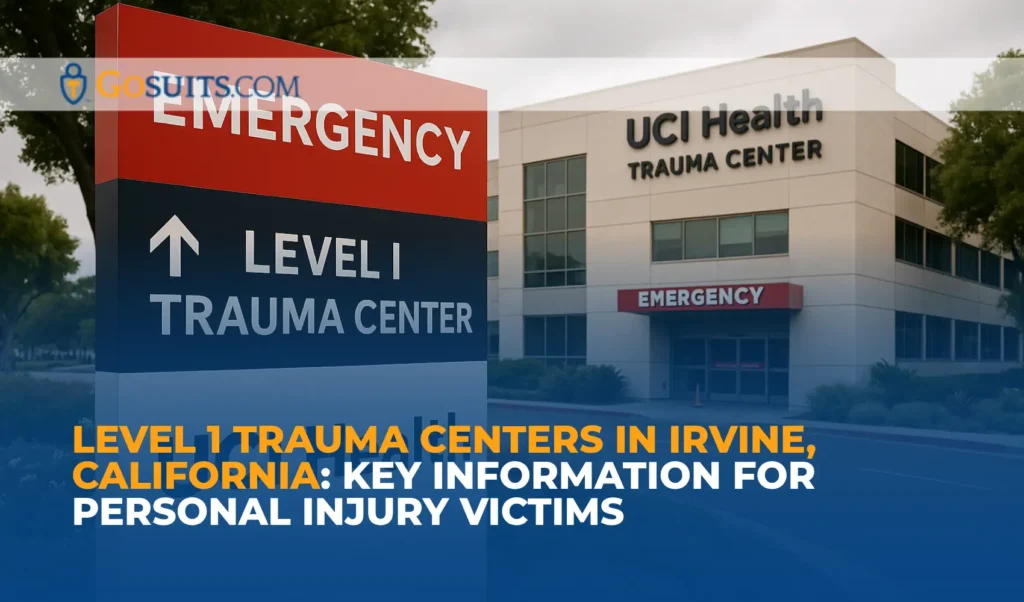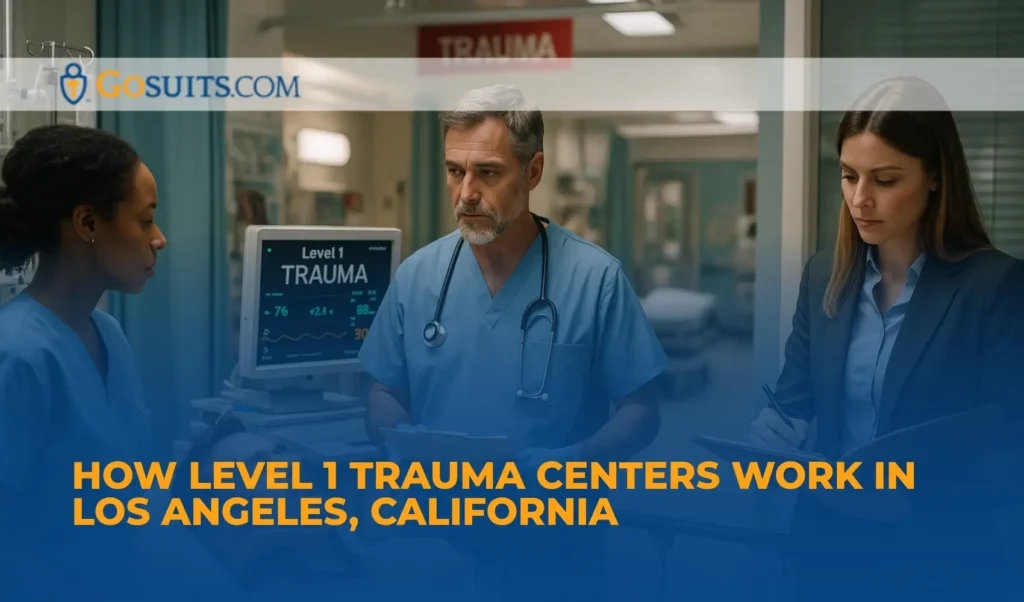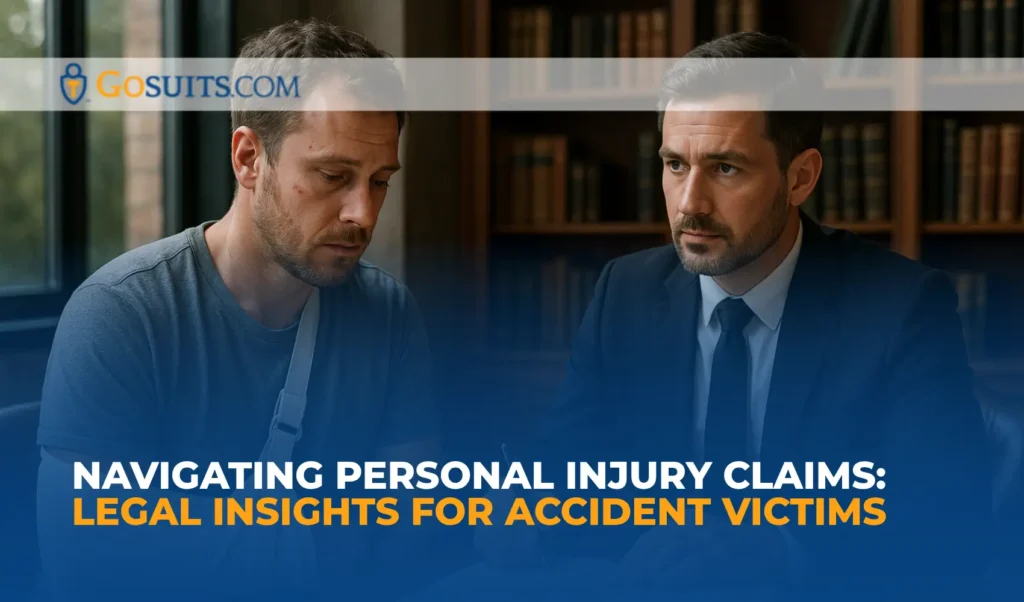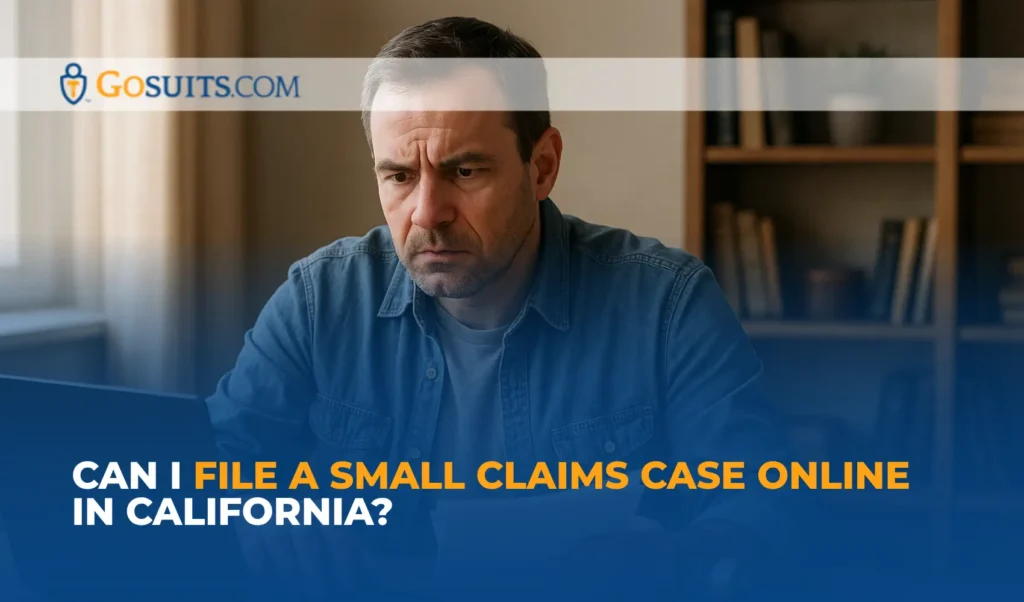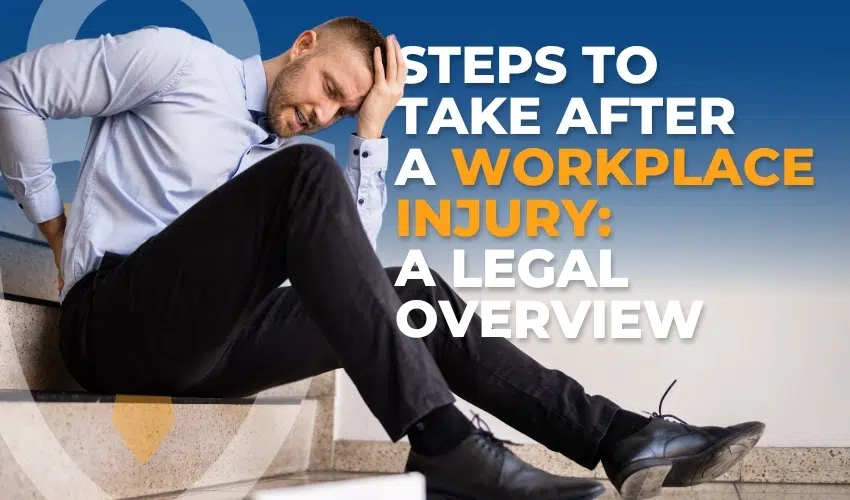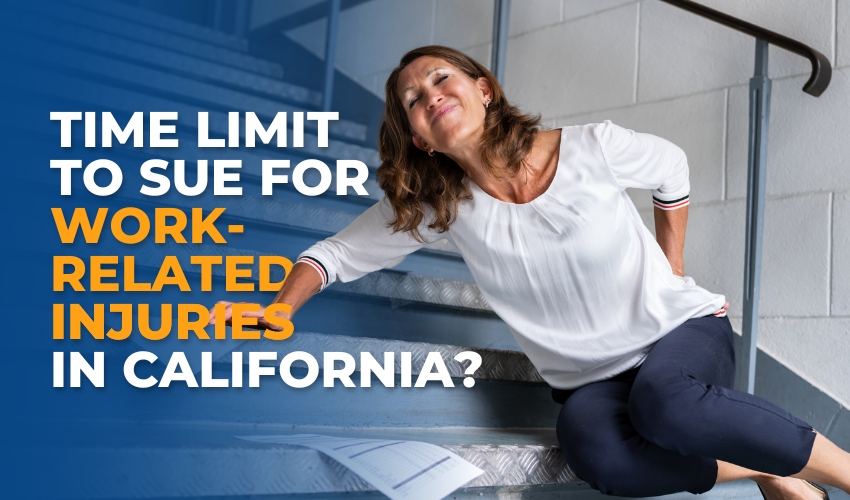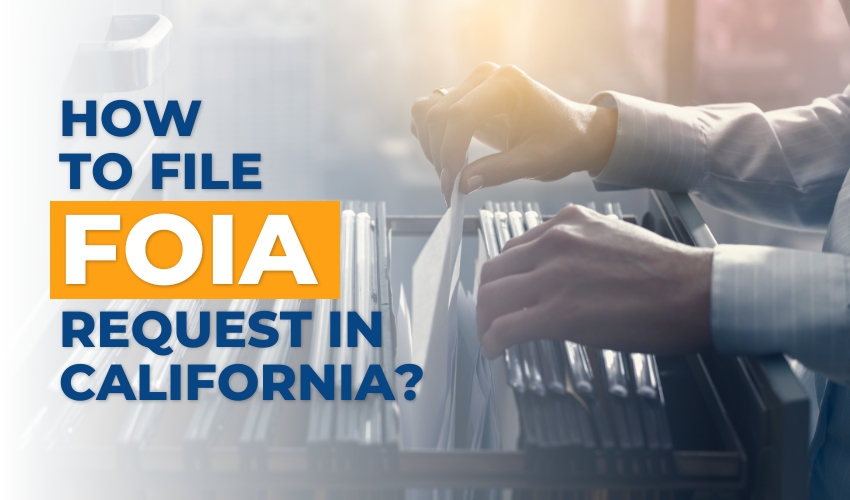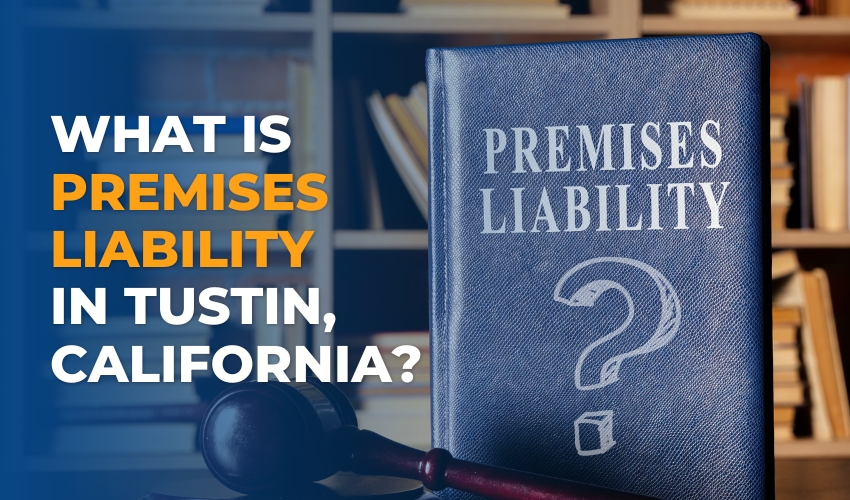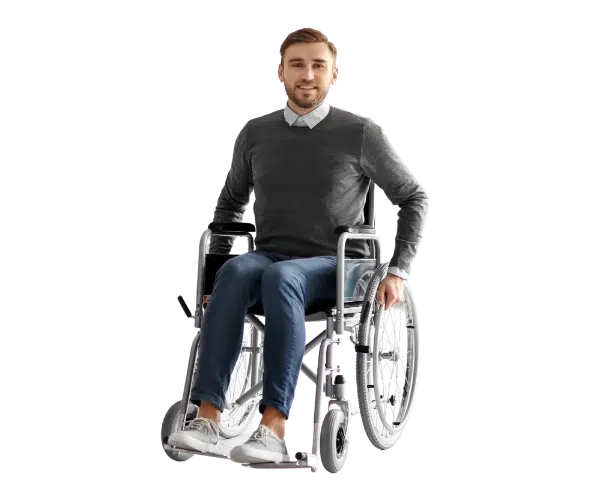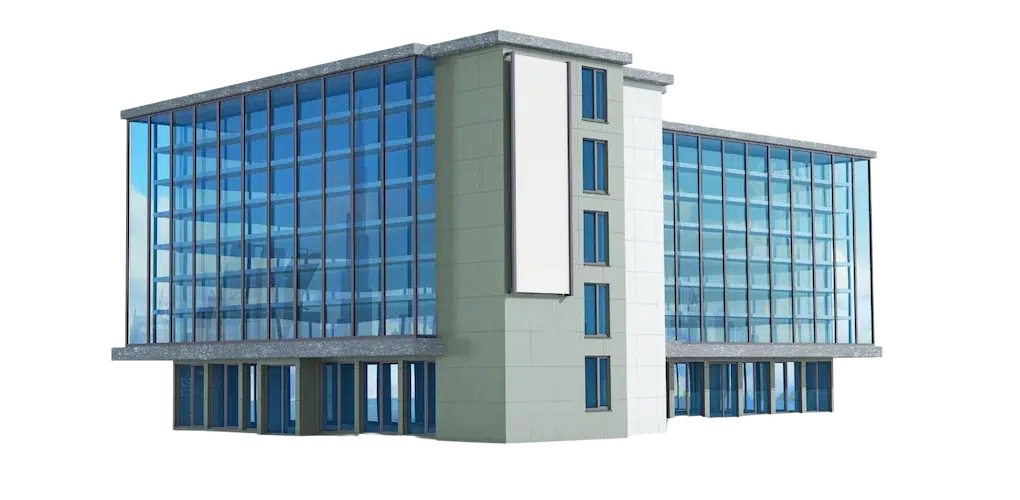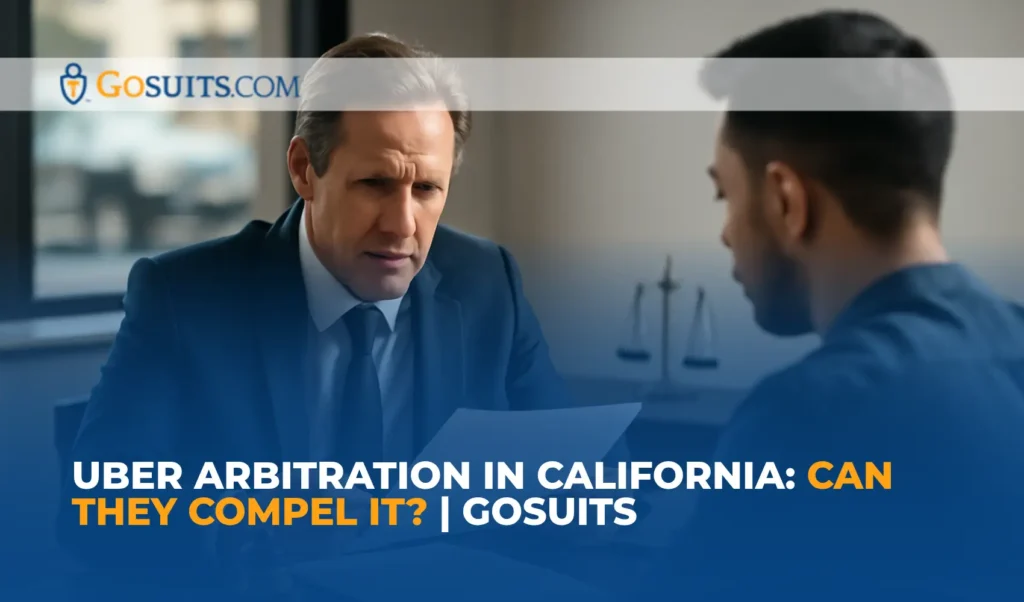
California Work Injury Lawyers Serving Workers In Need
When workplace injuries happen, they can disrupt lives in unimaginable ways. In California, work injury laws exist to provide a safety net for injured workers. If you have suffered a work-related injury, understanding your rights and the resources available to you is essential.
If you’re seeking clarity about your rights, compensation options, or the legal process, this page serves as a comprehensive guide. Our approach combines experience with compassion because we understand that each case represents real individuals facing real challenges.
Understanding California Workers’ Rights
California law provides employees with specific rights, particularly when injured on the job. Employers are obligated to carry workers’ compensation insurance, which exists to cover medical expenses and lost wages for injured employees. Still, navigating the claims process can be overwhelming particularly when facing insurance adjusters whose interests don’t always align with your own.
California law offers protection against retaliation if an employee files a workers’ compensation claim or complains about unsafe working conditions. This is particularly important because, unfortunately, not all workplaces maintain safe environments, and some industries are more hazardous than others.
California’s expansive economy includes industries with elevated risks of injury, from construction and manufacturing to agriculture and logistics. These sectors, employing thousands of workers across the state, encounter a higher-than-average rate of workplace accidents.
Common Types of Work Injuries in California
Workplace injuries vary widely, depending on the nature of the job and the environment. California work injury lawyers regularly see clients with injuries caused by slip-and-fall incidents, heavy lifting, and repetitive motion. Injuries range from fractures and sprains to severe cases like spinal injuries or traumatic brain injuries. In some cases, workers develop long-term conditions due to prolonged exposure to harmful chemicals or unsafe equipment.
Certain industries in California are more susceptible to these types of injuries. For example, construction workers may face falls from heights, and factory employees might encounter machinery malfunctions. Regardless of the specifics, California law entitles injured workers to seek compensation for medical expenses, lost wages, and, in severe cases, long-term disability.
Steps to Take After a Work Injury
- Report the Injury to Your Employer: The first step after sustaining a workplace injury is to report it to your employer as soon as possible. California law mandates that workplace injuries are reported promptly to ensure that your rights are protected from the beginning.
- Seek Medical Attention: Immediately seek medical care to address your health needs. Visiting a doctor not only aids in your recovery but also establishes an official record of your injury, which is often critical evidence when pursuing compensation.
- Document Everything: Keep detailed records of your injury, medical visits, and any related expenses. This documentation becomes essential if you need to demonstrate the extent and impact of your injury later in the claims process.
- Consult a California Work Injury Law Center or Lawyer: Once you’ve handled the initial reporting and medical needs, we recommend consulting with a reputable work injury lawyer in California. A legal professional can help you understand your options, such as negotiating with insurance adjusters or pursuing additional compensation if necessary.
- Explore Compensation Options Beyond Workers’ Compensation: In complex cases, workers’ compensation may not fully cover the damages you’ve suffered. Our attorneys are proficient in helping clients identify alternative avenues for compensation, particularly if a third party contributed to the injury.
California Work Injury Compensation Options
Under California law, workers’ compensation is a fundamental protection for employees injured on the job, and these generally include medical care, temporary and permanent disability benefits, and retraining support if necessary. Unfortunately, some injured workers face challenges in securing full benefits. Insurance companies may delay payments or contest claims by arguing that the injury isn’t work-related or that it isn’t severe enough to qualify for benefits.
In such cases, consulting a work injury lawyer California can help protect your rights. Compensation may vary as it depends on the injury’s severity and how it affects your ability to work. In more complex cases, you may also have the option to file a personal injury lawsuit if a third party was involved in causing your injury.
In California, there are limitations to what workers’ compensation can cover. Sometimes, a California work injury lawyer may explore additional legal options for securing compensation beyond what workers’ compensation provides, particularly if a third party was responsible. This approach can include filing a claim for pain and suffering or for other damages not typically covered under workers’ compensation.
How a California Work Injury Lawyer Can Help You Achieve Justice
At our firm, we distinguish ourselves through a commitment to every client’s unique journey and needs to provide personalized support from the moment you reach out to us. Unlike larger firms, you won’t be handed off to a case manager; instead, you’ll work directly with one of our attorneys who will guide you through each step. Our team of award-winning attorneys brings a unique blend of innovation, empathy, and efficiency to the table. We leverage proprietary software and advanced technology, including machine learning, to streamline the case process for faster results and more comprehensive support.
We’re proud to share that hundreds of satisfied clients have left glowing testimonials on our Google Business Page. Our commitment to client satisfaction is evident in these reviews, highlighting our track record of success and the peace of mind we strive to provide to every person who entrusts us with their case. Ready to find out how we can assist you? Contact us today to schedule a consultation with one of our California work injury attorneys and take the first step toward recovery and justice.

